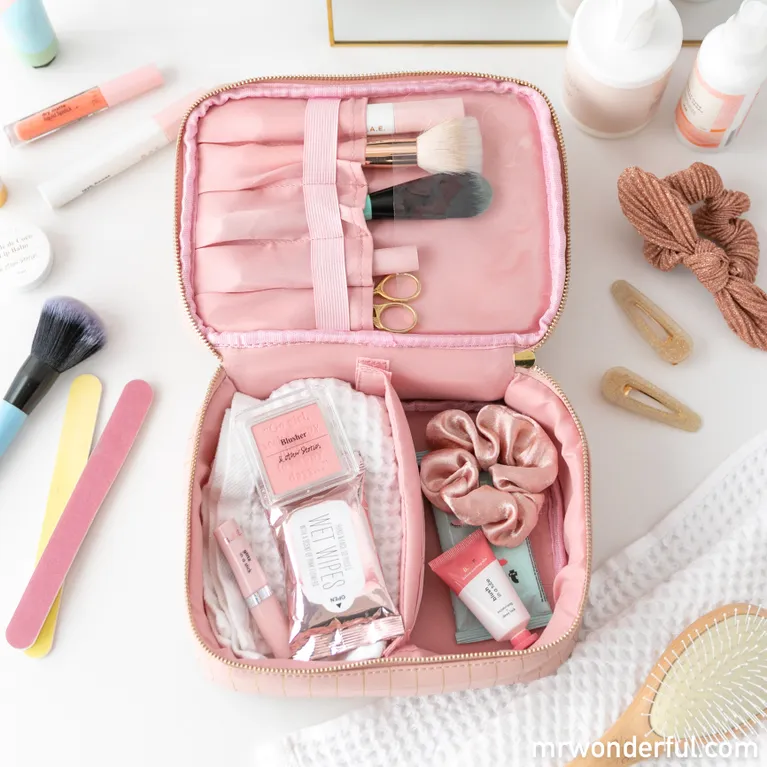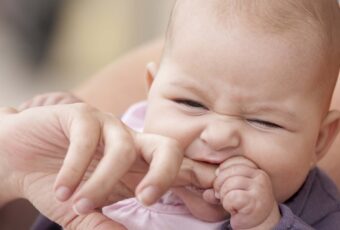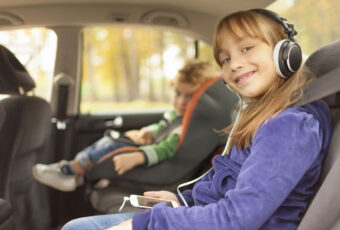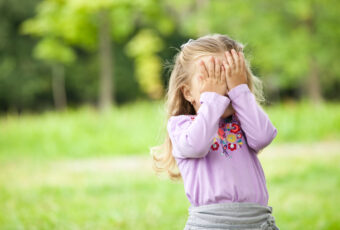It might feel like everyone you know has either recently had or currently has COVID, and that’s due to the highly transmissible Omicron variant and sub-variants, which seem to be just unrelenting. Combined with the fact that many states have dropped many COVID-related restrictions, that means that a lot of people are going to get COVID, no matter how careful we all try to be. But what about life post COVID? Are there any personal items you should replace? Here’s what the experts have to say.
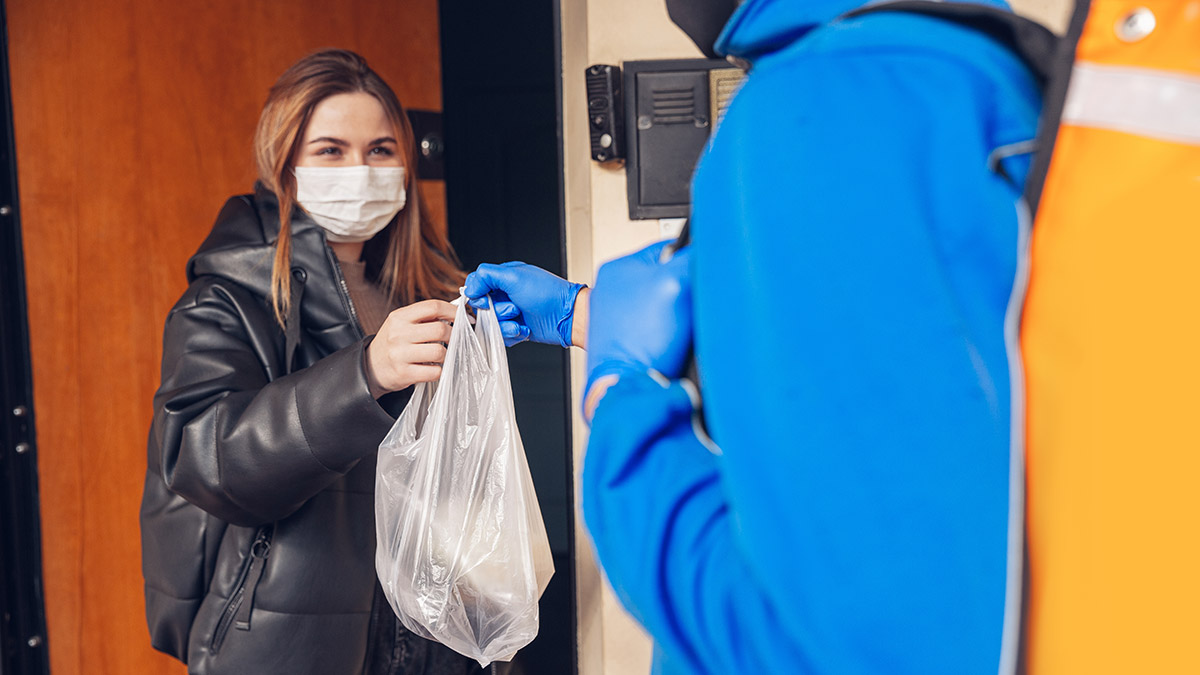
Contacless Delivery Service During Quarantine. Man Delivers Food And Shopping Bags During Isolation
Dr. Vivek Cherian, an internal medicine physician based in Chicago, has shared that it’s best to disinfect the most commonly used household items after any illness, so that includes COVID but also flu, a stomach bug, or the common cold.
Dr. Cherian says:”When it comes to COVID-19, including the variety of variants that have emerged, we know the virus is not particularly stable on surfaces. According to the CDC, the virus can survive up to 3 days on a nonporous surface.”
Nonporous surfaces include plastics, metals, glass, as well as varnished wood, so that covers a whole lot of surfaces we all encounter on a day to day basis. Keeping these things clean are always a good idea, but shouldn’t be a massive concern following a bout of COVID.
What Dr. Cherian does say is that there are some items that should be thoroughly cleaned or replaced altogether. Dr. Cherian explained: “It’s always good practice to change your toothbrush after any illness, including COVID-19. This is true in general but even more so the case if you share a toothbrush holder with another individual.” In general, you should replace your toothbrush every three months regardless of health status.
Cherian continued: “In general, products that are dispensed without direct contact through a tube such as cleansers, shampoos, or foundation pumps are relatively safe, though you may want to consider cleaning the surfaces with alcohol. Even products that you may dip your finger into and have direct contact with, such as moisturizers, eye shadows, or lipsticks, do not need to be thrown out.”
He also said: “It is also important to remember that cosmetic products do not have an unlimited shelf life. Oftentimes, they contain preservatives and antioxidants, and using these products can reintroduce various microorganisms and oxygen to the product. Preservatives can be effective at keeping harmful organisms at bay; however, over time, they lose efficacy.”
Cherian also said: “Remember that there is a lifespan associated with a virus, and over a period of time (depending on the surface), it will die. If you want to be completely safe after an infection, let beauty products sit around for 10 days before using them again — there is a good chance that any illness-causing germs would have disappeared by then.”
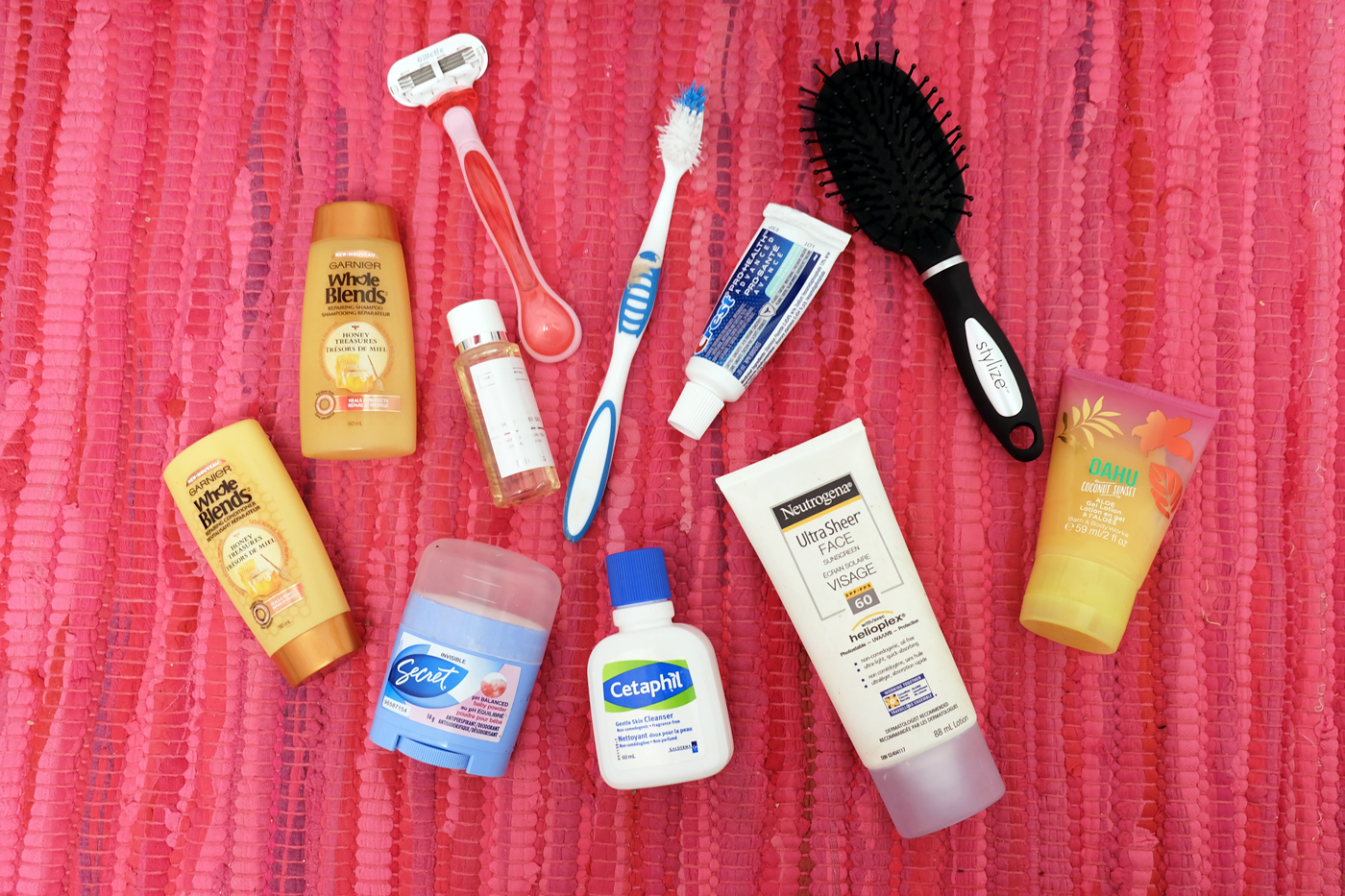
Toothbrushes Should Be Replaced
When it comes to makeup and such, Dr. Cherian said: “Also, in general, it is important to remember not to share your beauty products with another person. For yourself, the chance of reinfection by the exact same virus variant is quite low, especially as you have been exposed to it before. However, this is not necessarily the case with another individual” that has already been exposed to COVID.
Finally, Dr. Cherian said: “In general for contact lens wearers, the absolute safest option to decrease the risk of any contact lens-related infection is to use daily disposable lenses, or lenses that you throw in the garbage after wearing for one day.”
If you decide to change glasses, he adds, “COVID-19 can remain on hard surfaces potentially for hours to days and can transfer from your hands to your glasses, so make sure you clean them regularly when using them.”
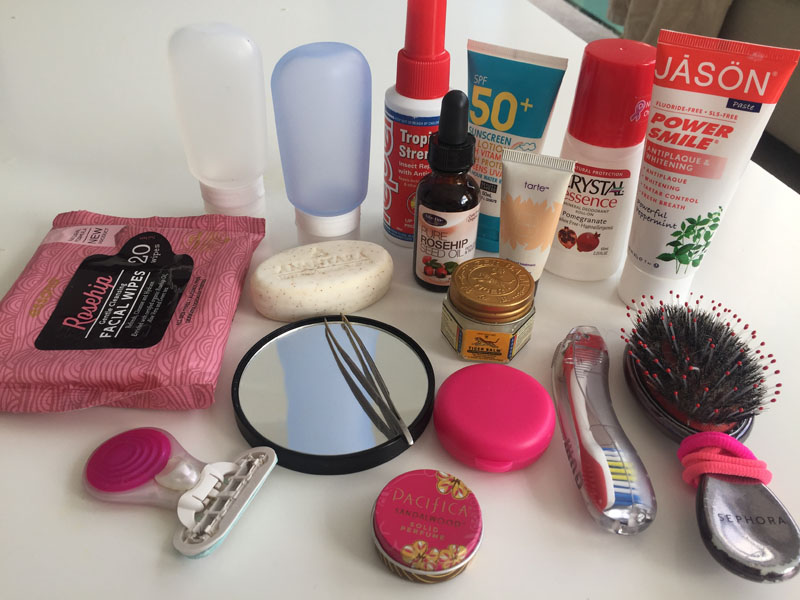
You Should Be Careful, But No Need To Go Overboard



